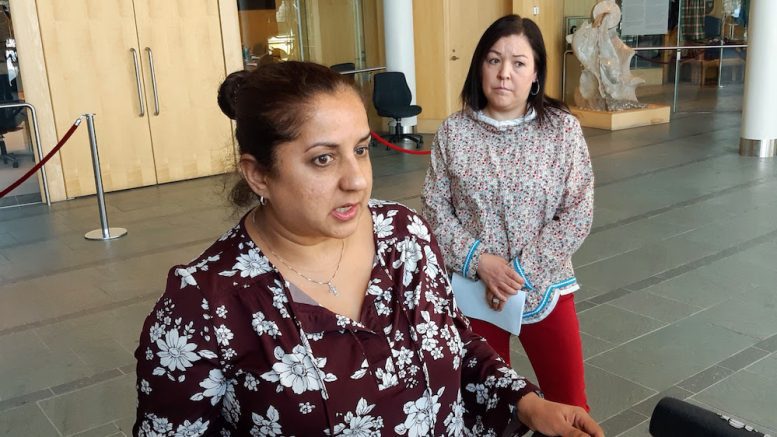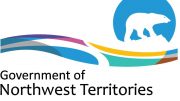Dr. Kami Kandola says closing down schools in March highlighted “unintended consequences” on students’ mental health and learning.
As a result, the NWT chief public health officer hopes to not have to do it again, even if a COVID case enters the classroom.
“Shutting the school down is a very serious public health decision,” Dr. Kandola says.
Dr. Kandola has previously warned people to expect COVID-19 to re-enter the territory.
In a news conference Wednesday afternoon, Dr. Kandola explained the NWT’s strategy will involve isolation and contact tracing if a student tests positive.
“We wouldn’t need to necessarily shut down the school,” she says.
The student and his or her classroom would be isolated, along with anyone who has been in contact them — including family members.
Dr. Kandola says as classrooms will be in a bubble, it should make contact tracing easier.
As the first week of school nears the midway point, Dr. Kandola took a moment to thank parents for their ability to adapt to a challenging situation.
“Everyone involved should be proud of this milestone,” she says.
The overdose epidemic
Dr. Kandola also discussed the stress COVID-19 has caused for people who struggle with their mental health.
As Monday marked National Overdose Awareness day, she encouraged those struggling to seek help.
“At times it may feel overwhelming,” she says, “it is okay to get help.”
Dr. Kandola mentioned the various services available across the territory including virtual care options.
Supervised consumption sites and services have become a popular option for many cities facing the overdose epidemic.
The sites allow those struggling with addictions to consume drugs in the presence of trained staff, which can prevent overdoses and connect users with social services.
Dr. Kandola says her office is in the process of having discussions around supervised consumption sites in the NWT, but no details were available at present time.
Luke Carroll is a journalist originally from Brockville, Ont. He has previously worked as a reporter and editor in Ottawa, Halifax and New Brunswick. Luke is a graduate of Carleton University's bachelor of journalism program. If you have a story idea, feel free to send him an email at luke.carroll@cklbradio.com









